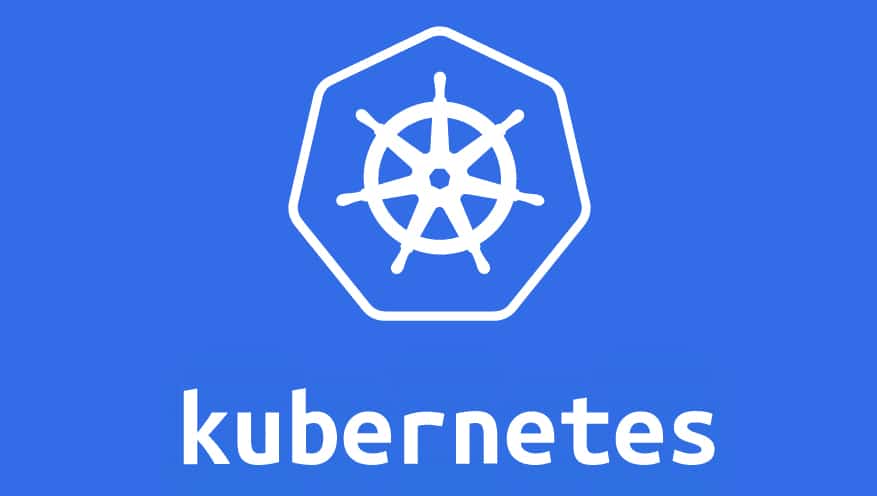Google’s open source container orchestration platform Kubernetes has received a new update. The updated release supports 5000 node clusters to enable multi-workload support for multiple users.
With the bulk of node-cluster support, Kubernetes 1.6 helps you spread across multiple regions or clouds. The latest version also lets you even combine multiple Kubernetes clusters and address them using a single API endpoint. Notably, Google is also likely to add the support for 5,000 node cluster in its Container Engine for automated container management.
Kubernetes uses etcd 3.0 key value store to facilitate the support for 5,000 nodes. Users need to fully migrate data from storage engines and switch to etcd3 from an existing etcd2. The etcd3.0 offering is enabled by default in the Kubernetes 1.6 release.
Easy runtime migration
Apart from scaling to 5,000 node clusters, the container orchestration platform now uses Kubernetes CRI (Container Runtime Interface) to enable migration of runtimes using kubelet node agent. Some of the features like role-based access control, node and control components that were introduced as alpha in Kubernetes CRI, have also been upgraded to beta.
Additionally, the new Kubernetes version has improved kubeadm, the cluster bootstrap tool that is designed to install Kubernetes on Linux. The kubefed federation bootstrap tool has also received an update as well.
It is worth noting that both the kubeadm and kubefed tools have been upgraded to beta stage within the latest Kubernetes release.
Google’s engineers have also automated the storage provisioning lifecycle by pre-installing system-defined StorageClass objects for AWS, Azure, GCP, OpenStack and VMware vSphere. If you are looking for the new alpha features, the update brings out-of-tree cloud provider support, per-pod-eviction, pod injection policy with a new API resource PodPreset, custom metrics support and multiple Nvidia GPU support with the Docker runtime.
You can download Kubernetes 1.6 directly from its official website. The entire upgraded code is also available in a GitHub repository.











































































[…] Francisco, California-based Deis leverages Google-backed Kubernetes to offer developers the ease of using containers for their developments. This is something that […]
[…] Linux Foundation-backed CNCF has some of the leading open source projects such as Kubernetes and containerd that all have already been receiving contributions from Alibaba Cloud. However, the […]